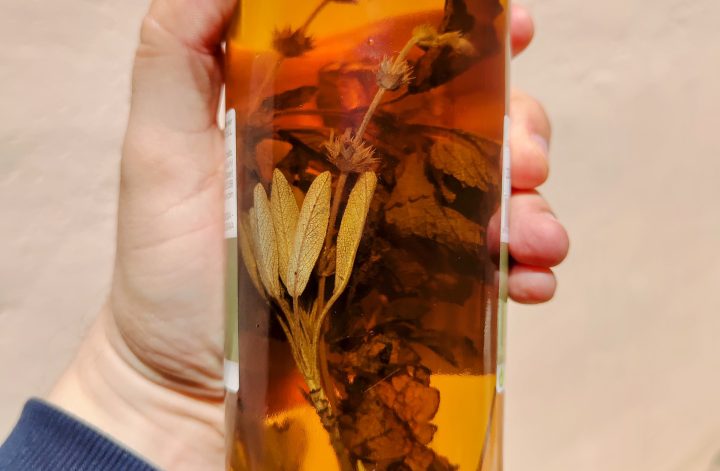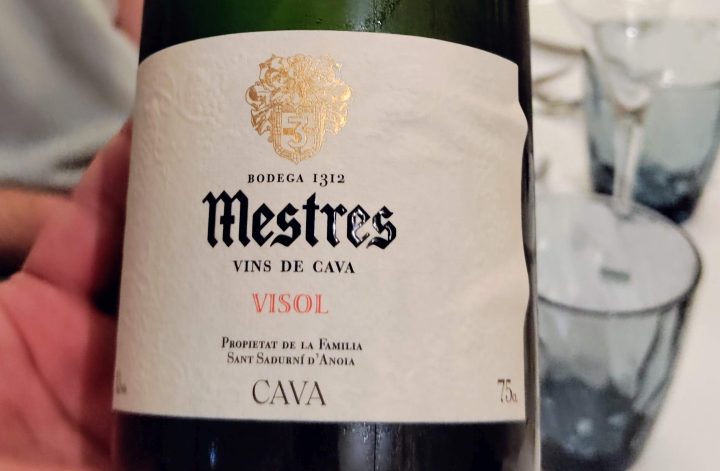The Alicante region is renowned not only for its beautiful beaches and pleasant climate but also for its excellent wines. Thanks to a unique combination of Mediterranean and continental climates, diverse soil conditions, and a long tradition of winemaking, the wines produced here have a distinctive character and taste.
Which Wine to Try in Alicante

The climate in Alicante is ideal for viticulture. Abundant sunshine, minimal rainfall, and significant temperature variations between day and night allow the grapes to ripen slowly and evenly. The result is healthy and high-quality grapes with concentrated flavor and aroma. Local wine pairs excellently with the specialties of the local Spanish cuisine.
The History of Winemaking in Alicante
Winemaking in Alicante has a long and rich history that dates back to Roman times. The Romans began cultivating vines and producing wine here over 2,000 years ago. Over the centuries, winemaking in the region continued to develop and improve. A significant milestone in the history of winemaking in Alicante was the 19th century when local wines began to be exported worldwide. Particularly sweet dessert wines made from the Moscatel variety gained great popularity and brought fame to the region beyond Spain’s borders.

Wine Varieties Typical for Alicante
Monastrell (Mourvèdre)
Monastrell is undoubtedly the queen of the grape varieties in Alicante. This original Spanish variety, also known by its French name Mourvèdre, finds ideal growing conditions here. Wines made from Monastrell are characterized by an intense ruby color, full body, and pronounced notes of dark fruit, spices, and earthiness. With a high tannin and acidity content, these wines also have excellent aging potential. The vast majority of wines I tasted in Alicante were made from the Monastrell variety, and I was thoroughly impressed.

Moscatel
Moscatel is the second most important variety in Alicante, known primarily for producing sweet dessert wines. The grapes of this variety are left on the vines to ripen longer, concentrating the sugars and developing intense aromas and flavors. The traditional method for producing dessert wines from Moscatel is the solera system, where the wine is gradually transferred through a series of barrels, each with different aging times. This method achieves a consistent taste and quality of the wine.

Giró (Garnacha)
Giró, or Garnacha, is another important player on the Alicante wine scene. This variety is mainly grown in the inland areas of the province and is used to produce fresh and fruity red and rosé wines. Giró wines typically have a medium-full body, higher alcohol content, and pleasant aromas of red fruits such as strawberries, raspberries, and cherries. They pair well with lighter meat dishes, pasta, or as a refreshing summer aperitif.
Wine Regions and Appellations
The province of Alicante boasts two official wine designations that guarantee the origin and quality of the wines produced here.
Denominación de Origen (DO) Alicante
DO Alicante is a prestigious designation that can only be awarded to wines that meet strict conditions. The wines must be made from authorized grape varieties grown in clearly defined areas and processed using approved methods. Compliance with these rules is monitored by the Regulatory Council, which carefully tests each wine before it is released to the market.
The key winemaking subzones within DO Alicante are La Marina, El Comtat, L’Alcoià, Alto Vinalopó, and Medio Vinalopó. Each of these areas has its specific microclimate, soil composition, and traditions, which are reflected in the character of the wines produced there.

Vinos de la Tierra de Alicante
In addition to DO-labeled wines, Alicante also produces wines in the Vinos de la Tierra category. This category has less strict rules than DO and gives winemakers more freedom in choosing grape varieties and winemaking methods. Nevertheless, Vinos de la Tierra de Alicante are known for their quality and authenticity.
Winemakers in Alicante
The wine scene in Alicante is diverse, with many prominent producers of varying sizes and styles. The backbone of winemaking in Alicante is the traditional family wineries, where the craft is passed down from generation to generation. These wineries often operate on old vineyards and produce wines using traditional methods, with an emphasis on authenticity and quality.

In addition to traditional family wineries, in recent years Alicante has also seen the emergence of many new, modern winemaking projects. These projects are often founded by young, ambitious winemakers who combine traditional grape varieties and methods with innovative approaches and the latest technologies.
A great example of such a project is Bodegas Volver. Their wines are meticulously crafted, with an emphasis on terroir and the purity of varietal expression. I had the opportunity to taste their wine Tarima Hill, which is again 100% monastrell, grown in extremely dry conditions on high-altitude vineyards in the Vinalopo region. The grapes come from vines that are 35-70 years old, cultivated traditionally without irrigation. The wine was aged for 14 months in French barrels and stands out with its cherry color with ruby reflections, the aroma of ripe fruit, flowers, and spices, and a full, balanced taste with a long finish. A complex, concentrated, and intriguing wine.

I was very pleasantly surprised by the wines from Alicante, and they are worth discovering. Originally, I went to Alicante solely to taste their fondillón, but I ended up falling in love with the classic red wines made from the monastrell variety.
Alicante is a typical holiday destination for Czechs. If you’d like to enhance your relaxation with a glass of wine, try looking for the local varieties. I believe you’ll be as excited as I was and that you’ll fall in love with these wines. And if you have the opportunity to visit some of the local wineries, don’t hesitate for a moment – you’re in for an unforgettable experience for all the senses.
Cheers, and drink responsibly!


